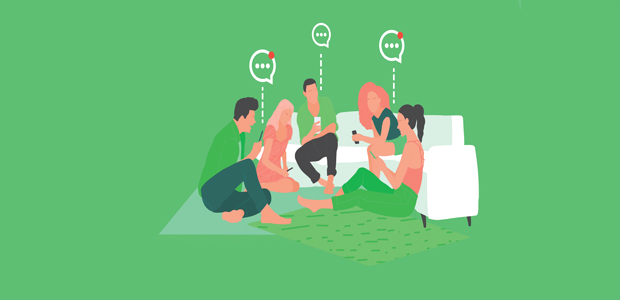
There’s a new business category emerging...
And the Whatsapp ordeal is a cautionary tale for those who fail to recognise it. Since pretty much the beginning of human commerce, entrepreneurs have based their strategy around competing on two verticals, price and quality. Generally speaking, if your price is low, you’d expect the quality to also be low and vice versa.
Where companies fit on price and quality forms the basis of their strategic positioning in a given market. So the main two considerations companies needed to focus on was whether their price and quality were appropriate for their chosen position. If you stay at the Four Seasons, you expect impeccable service - that’s why people choose it. Therefore, it’s the Four Seasons prerogative to ensure the quality of service is world-class, in line with their world-class price.
However, for the first time in history, there is a third vertical emerging which consumers are reacting to beyond quality and price.
The ethics vertical is a new business category which consumers are becoming more concerned with. It has given birth to products ranging from plant-based foods to vegan condoms. If you’ve recently not chosen to buy a product because of the impact that product or company is having on the world, that’s the ethics vertical in play. A recent example springs to mind. I saw my co-founder, Robbie, eating an expensive bar of Tony’s Chocolonely and asked him whether it was any good. He replied, ‘It’s not as good as other chocolate, but if animals don’t die and it doesn’t promote slavery, I’m ok with that’. This one exchange explains everything you need to know about the ethics vertical. People are happy to pay a higher price for a worse quality product if it means they can sleep better at night and feel they’re contributing to a better future for the world.
This then brings us to Whatsapp. A potential fatal mistake Facebook is making, and many other companies will make, is failing to appreciate ethics as a competitive category alongside price and quality. Facebook sells every iota about our lives to advertisers, and for things like social media, we’re ok with it. We expect friends to see what we publish on social media. The same can’t be said for Whatsapp, where we send private, intimate messages, images and videos that we don’t expect anyone outside the exchange to see. If a friend went through our Whatsapp, we’d consider that a huge breach of trust and privacy. It’s just not ok. There’s an ethical boundary that has been crossed. The worse news for Whatsapp is that there are other messaging platforms that have just as good a quality of product at the same price - like Signal. We’ll stay with Whatsapp for now due to network effects (our friends are on Whatsapp, so the switching cost is high), but as the networks of other messenger platforms gain critical mass past early adopters and into the mainstream, it’s only a matter of time before those secure platforms become the default.
Whether it’s healthtech, banking apps, or (in my case) a sex and relationships platform, how tech CEO’s approach any ethical questions, such as data and privacy is becoming a life or death choice. Businesses cannot afford to ignore the ethical implications of their decisions in an increasingly concerned world. The reputational and commercial risks are simply too great.
Whatsapp has failed to recognise the ethics vertical as a rising area for competition, and because of that, their days could be numbered.

